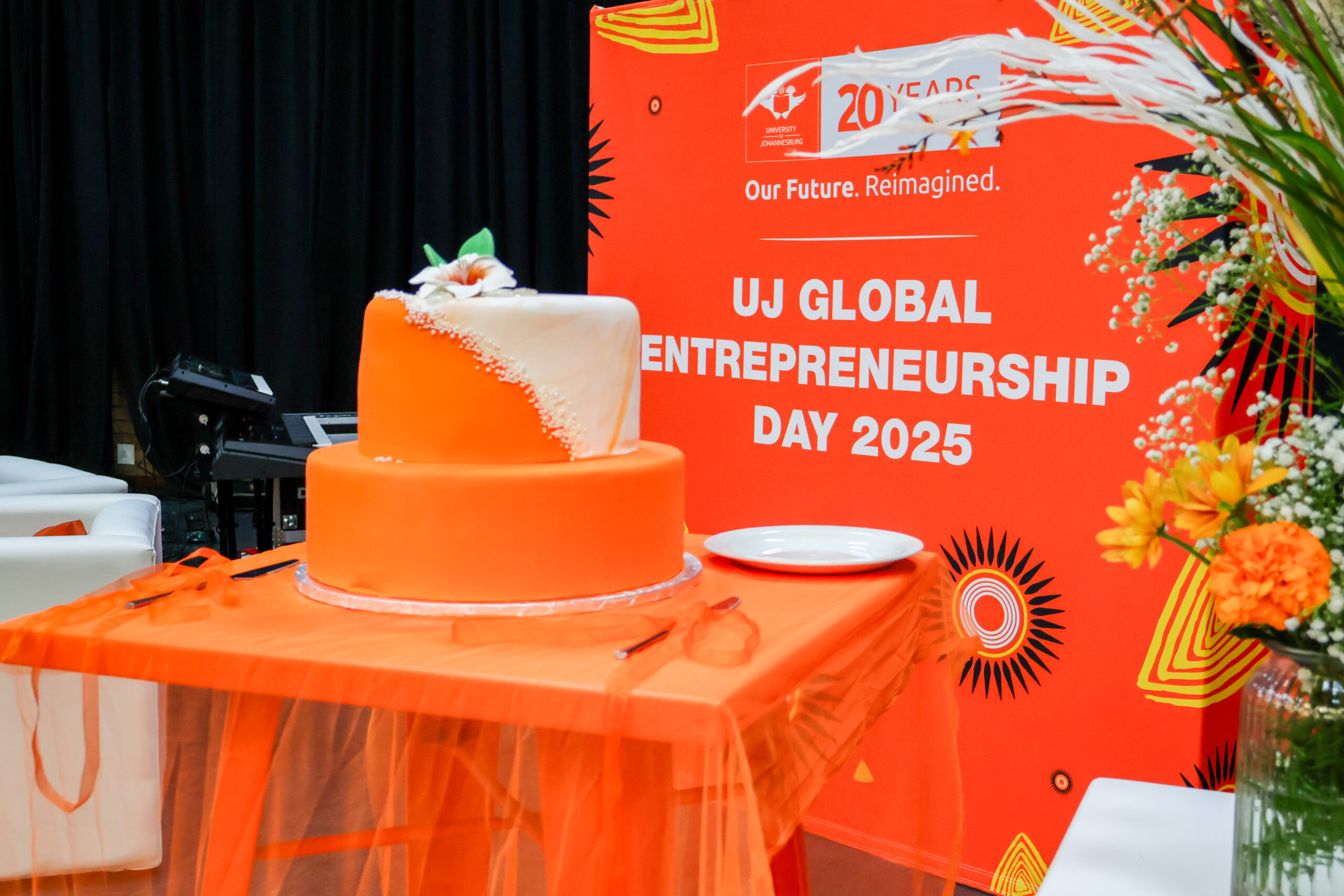South Africa is not the only country experiencing problems with Listeria monocytogenes. Europe has been experiencing a multi-country outbreak since 2015. Listeria should, therefore, no longer be seen as a by-the-way organism, but should take centre stage when it comes to ensuring safe food to consumers, especially in South Africa. And, an understanding Listeria monocytogenes is needed in order to effectively manage it within the South African food industry.
These were among the sentiments shared at the International Congress on Food Security and Safety on Monday, 15 October 2018, when the guest speaker, Prof Pieter Gouws led a presentation on factors contributing to Listeria monocytogenes survival in processing environments. The University of Johannesburg, (UJ) in collaboration with the University of Pretoria, the Human Sciences Research Council (HSRC), the Agricultural Research Council in South Africa and the DST-NRF Centre of Excellence in Food Security hosted the congress under the theme ‘Next Generation Food Safety Technologies addressing Sustainable Development Goals’.
The sub-themes of the conference included Current and emerging microbial foodborne pathogens; Zoonosis and biosecurity risks through transboundary movement of pathogens as well as antimicrobial resistance in the agroecosystem and pesticides and mycotoxins: a food safety challenge. Others included risk assessment, management and communication as well as consumer and food safety security assurance.
Dr Yi Chen, US Food and Drug Administration who gave the keynote address noted that foods linked to some outbreaks, such as ice cream and leafy green vegetables have already been associated with listeriosis outbreaks previously. He said the enhanced surveillance and implementation of whole genome sequencing contributed to the recognition and investigation of these outbreaks. This, he said, had enabled people to better understand the genetic variations among isolates associated with listeriosis outbreak.
“This conference is the first of its kind that is focusing on the full spectrum of food safety challenges, from laboratory to the science hubs with world expert sharing their expertise in food safety with the aim of making novel technologies to make a difference and push science frontiers to provide solutions for all,” said Prof Lise Korsten, Convener of the 2nd International Conference for Food Safety and Security.
According to Prof Patrick Njobeh, UJ Associate Professor in the Department of Biotechnology and Food Technology, “Studies conducted over the past 10 years at UJ have revealed the presence of mycotoxigenic fungi and attendant mycotoxins in commonly consumed foods in Africa at levels exceeding regulatory limits”.
“To address this food safety concern, some investigations at UJ geared towards developing strategies for mycotoxin control and have yielded some promising results,” he said. “For example, herbal plant components and their nanofomulations, binders as well as sustainable food processing technologies investigated could afford effective, safe and practicable ways of reducing mycotoxins in food and their impact on health and economy thereafter,” explained Prof Njobeh.
The congress concluded that the food industry and its regulators should implement preventative programmes committed to the prevention of food fraud vulnerability associated with negative impact on food safety, public health and trade.





